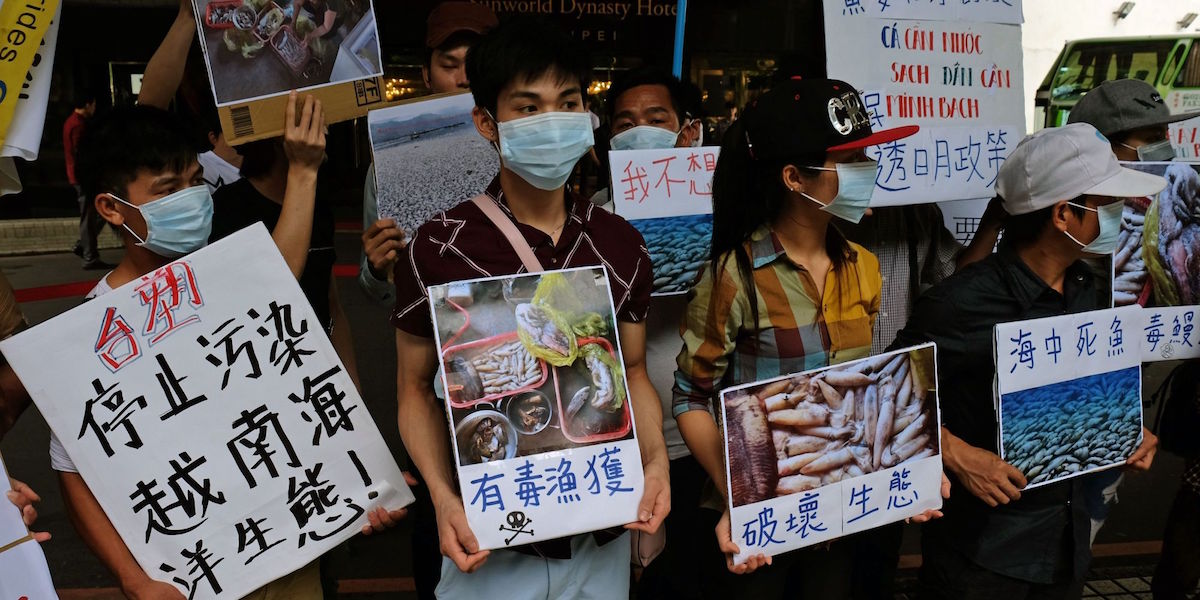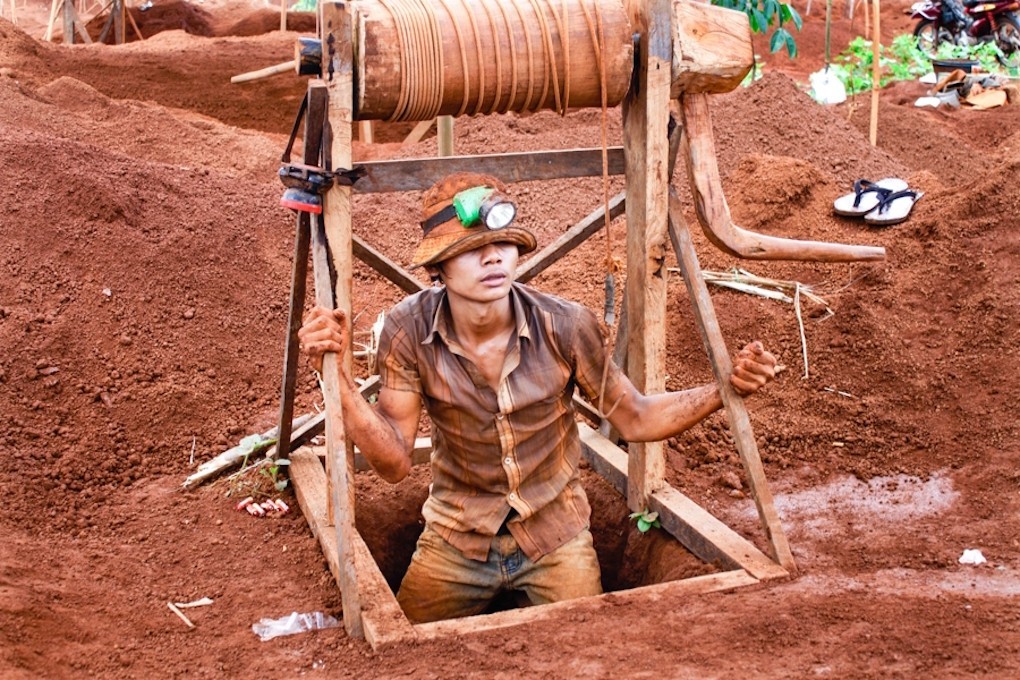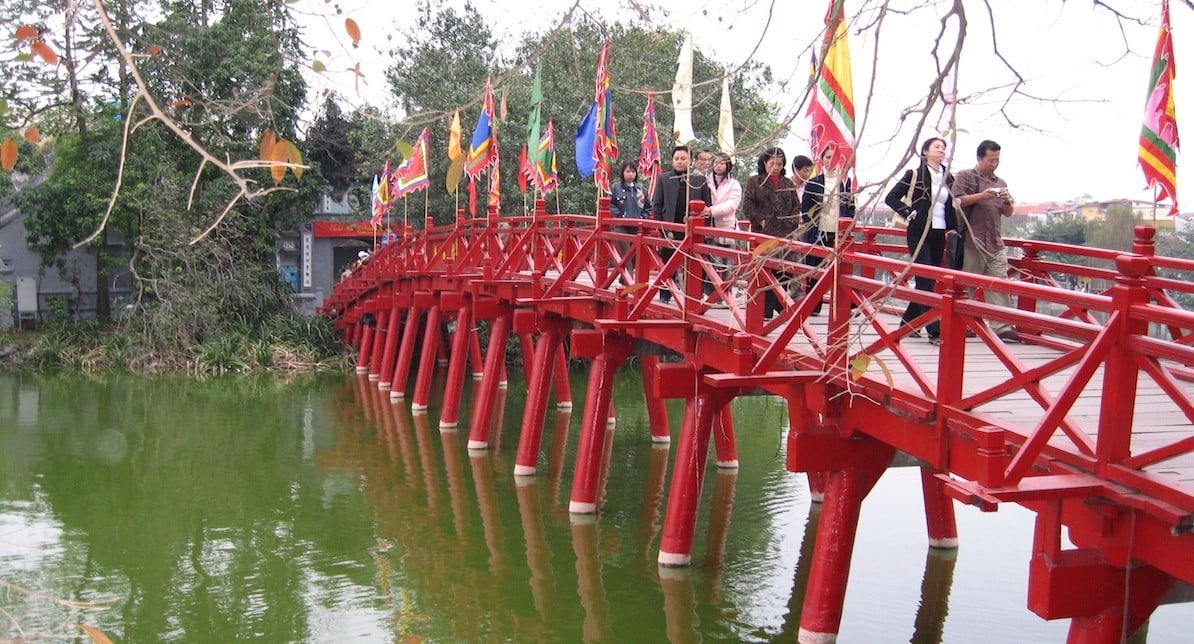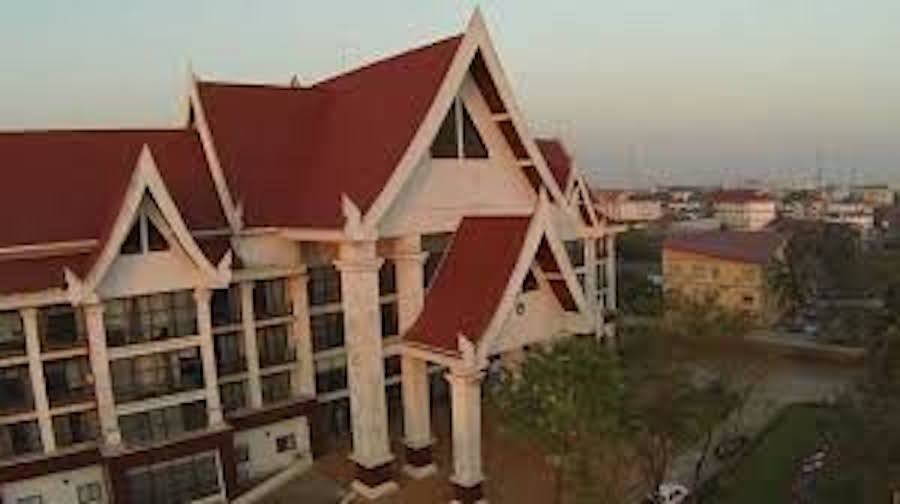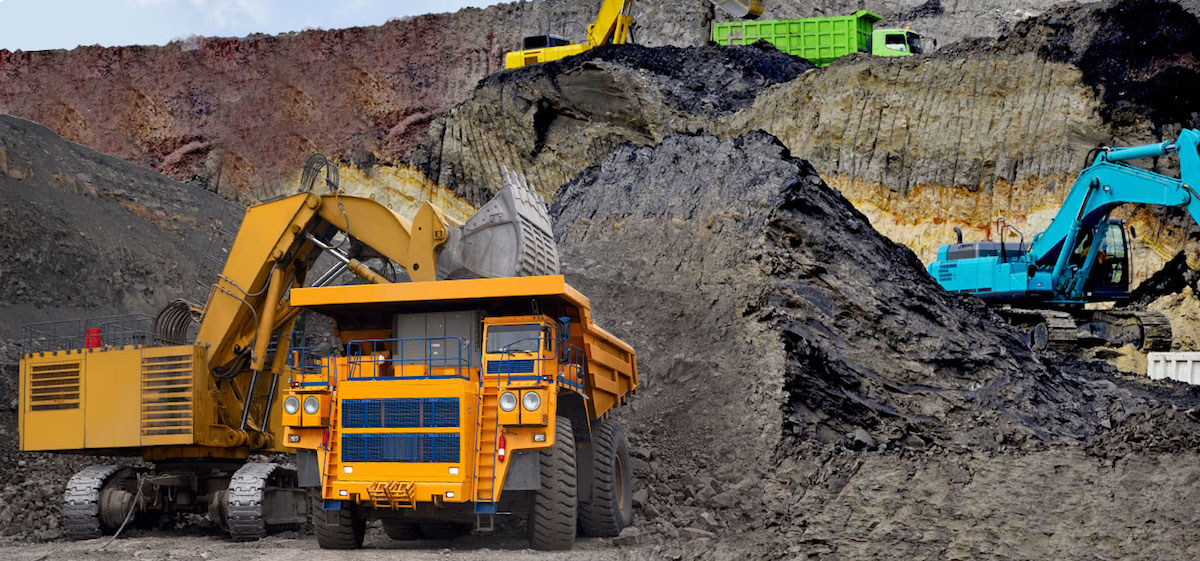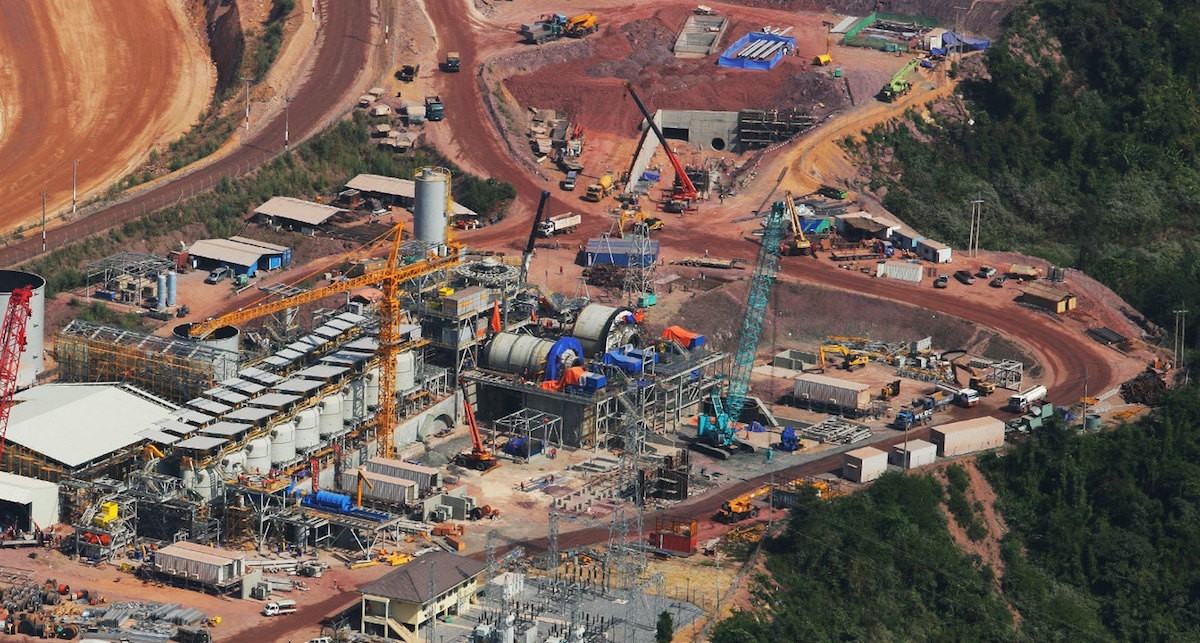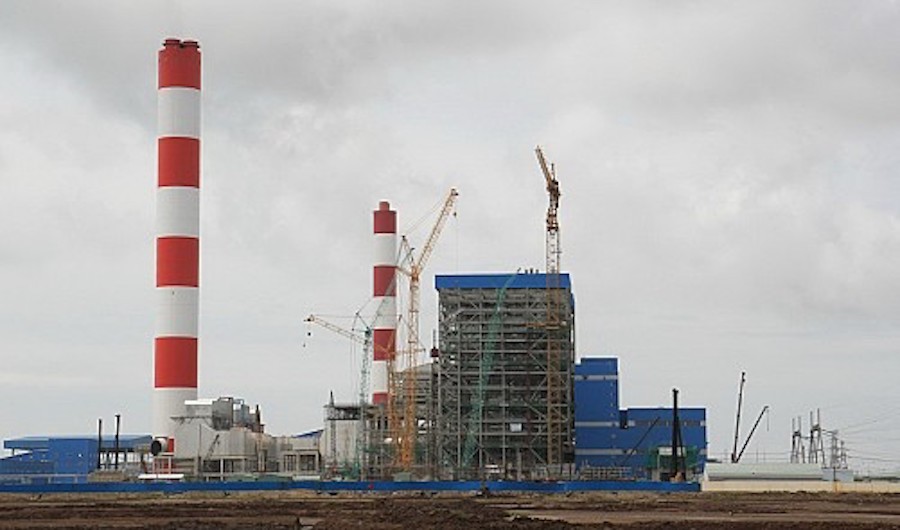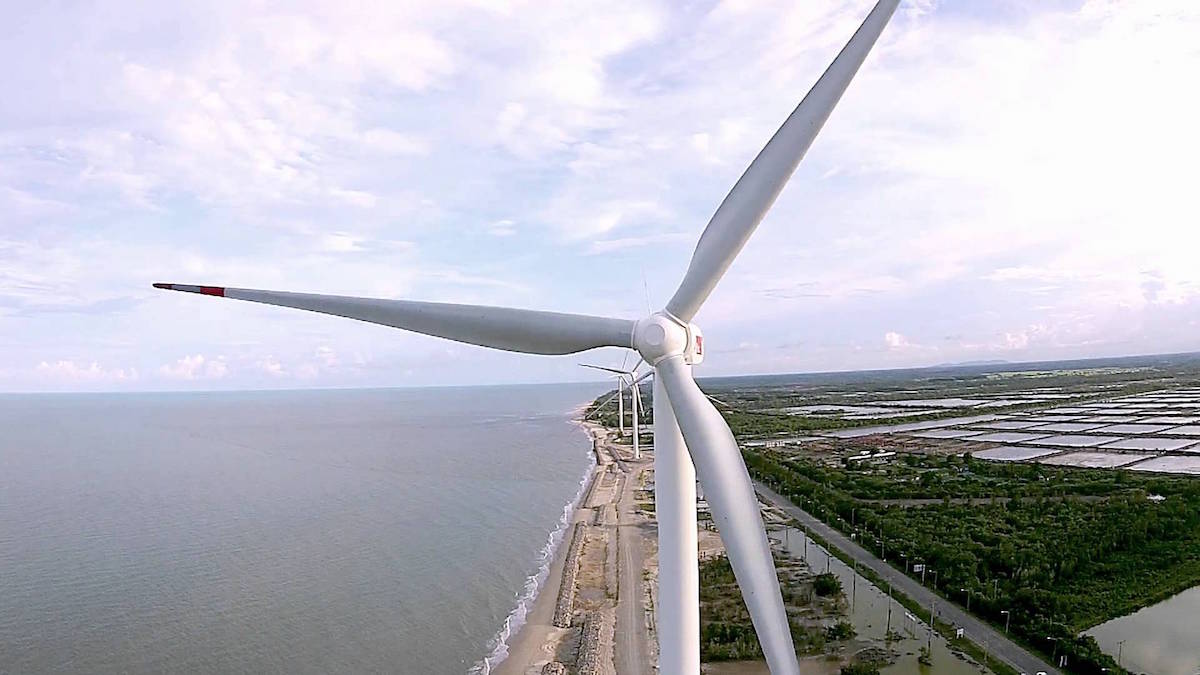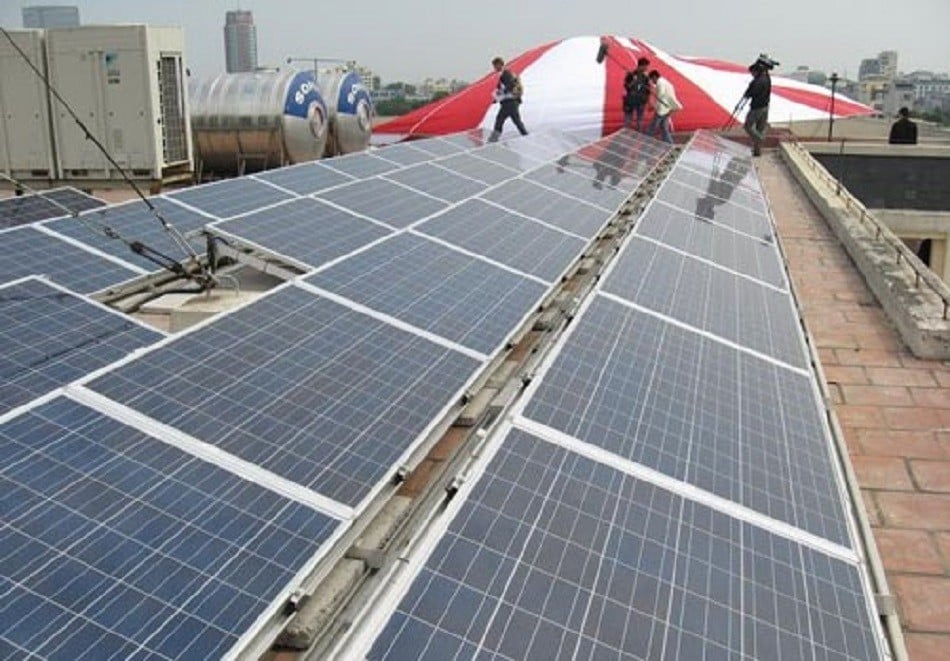On Oct. 10, police in the south-central province of Khanh Hoa arrested a popular blogger, Nguyen Ngoc Nhu Quynh, 37, who writes under the pen name Mother Mushroom. She is co-founder of a network of independent bloggers who often find themselves in the crosshairs of a regime that strictly controls the news media and does not tolerate dissent. Radio Free Asia quoted the network as protesting that Ms. Quynh is an “activist who has advocated for human rights, improved living conditions for people, and sovereignty for many years.”
Tag: policy
Path to Responsible Mining
In an effort to improve the governance of the Kingdom’s mining industry, with a focus on increasing revenue generation, the government has approved 11 articles largely concerning export permits for mined resources.
“Except for uranium and any reactor [related] mining which is banned from being exported, export permits have to be mainly evaluated for the long-term purpose – based on the comparative advantage and benefit to the economy, society and the environment.”
Meng Saktheara, secretary of state at the ministry told Khmer Times yesterday that the sub-decree is complementary to the existing mining law which had been promulgated since 2001.
“This sub-decree is to be used to manage any kinds of mining production except oil and gas. We do hope that the sub-decree sets strong and clear guidelines for the industry that can attract more foreign investors.”
“It provides us with clear mechanisms to manage the industry, as we will automatically allow exports if the product can be processed locally,” he said, noting the importance of adding value to the country’s mined resources.
Last month, the Ministry of Mines and Energy issued Cambodia’s first industrial mining license to Indian-owned Mesco Gold (Cambodia) to start operating an underground gold mine in Ratanakiri province.
According to ministry data, over 20 gold occurrences, 15 base metals occurrences and 26 iron ore and related occurrences have been identified. Work is continuing on some 60 active concessions to further delineate the country’s mineral wealth, with a particular emphasis on gold, base metals and bauxite.
According to the sub-decree, any mined resource which can be processed locally, and therefore boost its “value-added,” will not be allowed to be exported.
“It can be allowed to be exported if it cannot be processed locally due to the impact [it may cause] to the environment or because the amount of product exceeds local demand,” it said.
According to data from ministry, the before-tax revenue from the mining industry has sharply increased. In 2015 the figure was $17.25 million, up from just $4 million the year before.
Cambodia is at the early stages of mineral resource development. As part of a prospective region with a burgeoning exploration sector, the country has an opportunity to lay the foundations for responsible mining.
Vietnam playing ‘key Mekong sub-region role’
VIETNAM has been making practical contributions to turning the Mekong sub-region into a dynamic and prosperous economic area via two crucial cooperation frameworks. That is according to the country’s Deputy Prime Minister and Foreign Minister Pham Binh Minh, who spoke before meetings of those cooperations, the 8th Cambodia-Laos-Myanmar-Vietnam Summit (CLMV-8) and the 7th Ayeyawady-Chao Phraya-Mekong Economic Coopera-tion Strategy Summit (ACMECS-7) which will be held in Hanoi on October 25 and 26.
Luxembourg offers 1 million euros grant to Mekong River Commission
THE government of Luxembourg has granted 1 million euros (about Bt39 million) to the Mekong River Commission (MRC) to support the implementation of its strategic work for the period of 2016-2020.
Environmental destruction is a crime: Vietnamese industry minister
Vietnamese Minister of Industry and Trade Tran Tuan Anh says pollution is a crime against the environment and calls on all major corporations to commit themselves towards environmental protection during their operations.
Power plant, coal mine, and mineral mine developers across Vietnam gathered on Thursday afternoon for a meeting to address environmental issues regarding their operations.
Govt, Stakeholders Discuss Mining Sector Licensing System
Representatives from government, mining business operators, developments partners and non-government organisations met in Vientiane to consult on ways to improve and change mining sector licensing and investment systems in Laos.
Coal-fired power plants threaten Vietnam deltas
Vietnam’s plan to take its total number of coal-fired power plants to 31 by 2020 has raised environmental concerns.
To minimize costs and the loss of electrical power during transmission, thermal power plants in Vietnam are usually built near large economic centers of the country’s Red River Delta and Mekong Delta regions, where electricity usage is at its highest.
Environmental hazards caused by these types of power plants came to the fore in April 2015, when coal ashes from Vinh Tan 2 Thermal Power Station in Binh Thuan Province spread to nearby residential areas due to low levels of air humidity.
Renewable energy gains offer us a cleaner future
China has made a number of significant steps towards building a future of more sustainable energy.
President Xi Jinping has made good on his commitment to increase the supply of renewable energy at the climate change conference in Paris last year, a time when the toxic smog choking streets in Beijing and Shanghai was making global headlines. I wrote about this at the time in my column “China’s energy paradox”.
Vietnam needs solar energy policies
A shortage of policies on power tariffs for renewable energy, particularly solar electricity, has prevented the sector from attracting investors, said Prof Dang Dinh Thong from the Vietnam Clean Energies Association (VCEA).
Myanmar likely to join Asean Power Grid
MYANMAR is likely to be the fifth Asean country to sign up for the Asean Power Grid formed by Laos, Thailand, Malaysia and Singapore, energy ministers have said.
“We had long discussions with our Myanmar counterparts,” said Laos Vice Minister for Energy and Mines Viraphonh Vilavong. “They are keen to join. I expect that to be quite soon.”
Viraphonh on Thursday signed a memorandum of understanding (MoU) with Thai Energy Minister General Anantaporn Kanjanarat and Malaysian counterpart Johnity Ongkili that would allow the transportation of electricity.


